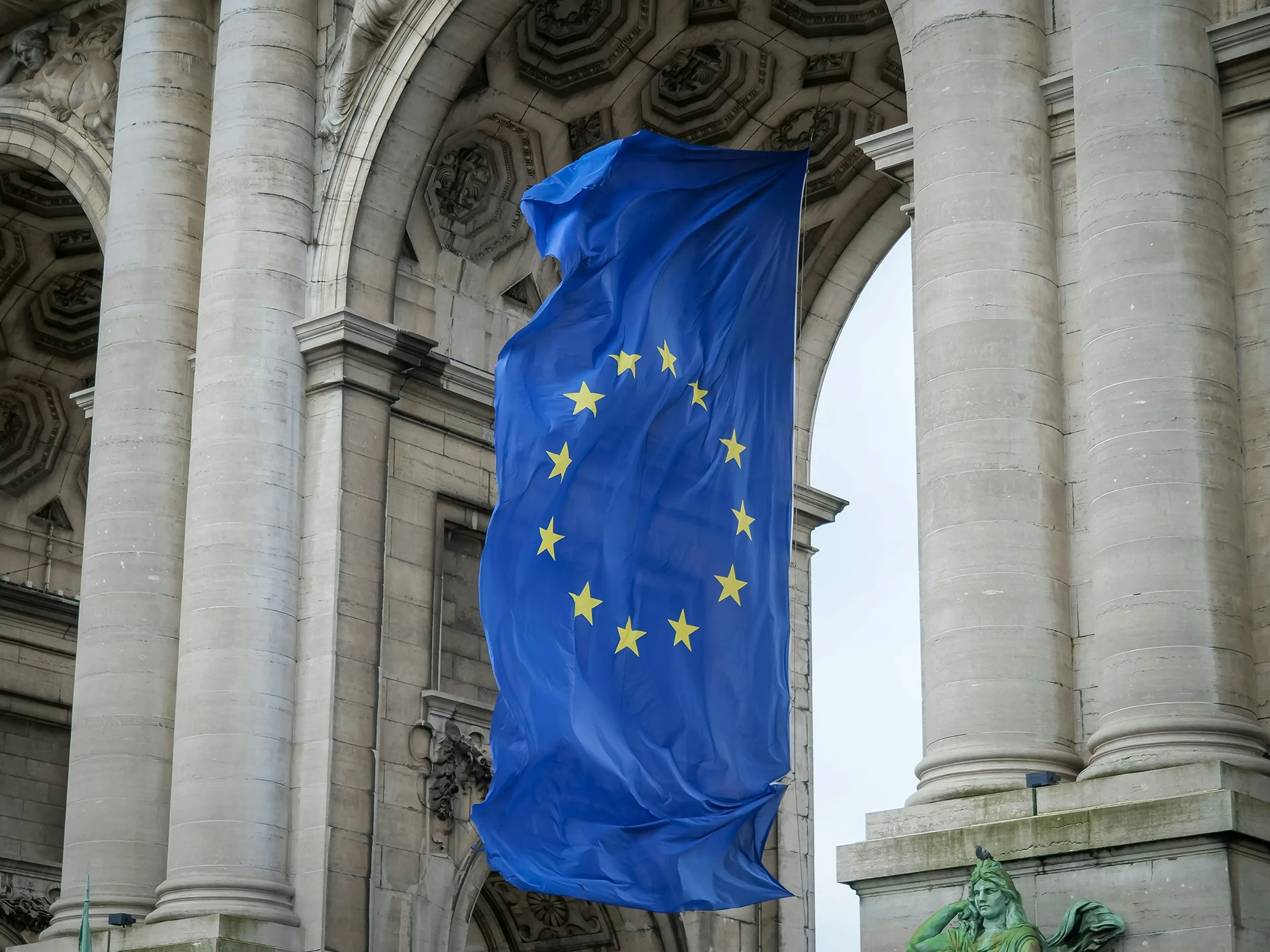
As digitalisation transforms the landscape of compliance in the EU, businesses trading within the EU or with EU member states need to be prepared for substantial updates. The EU Economic and Financial Affairs Council has recently agreed on a set of new digital VAT measures, which are poised to simplify compliance and enhance transparency. These changes are part of the VAT in the Digital Age (ViDA) initiative and aim to standardise processes across the EU through real-time digital reporting, platform-based responsibilities, and expanded “one-stop shops.” Here’s a summary of the key updates and what they mean for your business.
1. Digital VAT Reporting for Cross-Border Transactions
Under the new rules, reporting obligations for cross-border, intra-EU transactions will shift to a fully digital system based on electronic invoicing (e-invoicing). Businesses involved in these transactions will be required to:
- Issue e-invoices for cross-border business-to-business (B2B) transactions within the EU.
- Report data automatically to their national tax authorities.
These authorities will then share this data through a unified IT system, making compliance faster and reducing opportunities for intra-EU fraud. The EU aims to implement this system by 2030, with compatibility across all national systems expected by 2035. This step is expected to improve data accuracy, making it easier for EU member states to monitor compliance and combat fraud.
2. VAT Responsibilities for Online Platforms
Digital platforms facilitating short-term accommodations and passenger transport services will now take on more responsibilities. Currently, not all providers offering services through these platforms collect VAT. This can occur due to lack of registration or unfamiliarity with requirements.
Under the new “deemed supplier” model:
- Platform operators will collect and remit VAT directly to tax authorities when individual service providers do not pay it themselves.
- VAT will be charged on the total price of the transaction, helping level the playing field between traditional service providers and those operating through online platforms.
This measure will be introduced after a brief transition period, and small and medium-sized enterprises may be eligible for exemptions in some EU states.
3. Enhancements to the One-Stop Shop System
The existing “one-stop shop” (OSS) system allows businesses to declare and remit VAT for consumer sales across EU borders through a single EU member state’s tax administration. Upcoming changes aim to further ease compliance for businesses operating in multiple EU countries.
The updated OSS system will:
- Expand to cover additional transactions such as business-to-consumer (B2C) sales of goods that a company has transferred to another member state for future sale.
- Shift liability in certain B2B transactions to the buyer rather than the supplier if the supplier is not established in the member state where tax is due. This measure, already in effect in some countries, will become mandatory throughout the EU, simplifying responsibilities for non-established suppliers.
These changes aim to save businesses from having to register in multiple EU countries, streamlining the process for cross-border sales.

How This Impacts UK Businesses
While the UK is no longer part of the EU, these changes have significant implications for UK businesses trading in or with the EU. As e-invoicing and digital reporting systems take hold, UK businesses should consider:
- Updating invoicing systems to align with digital reporting requirements for cross-border transactions.
- Monitoring changes in the rules to remain compliant with both EU and potential future UK regulations on e-invoicing, as the UK government is exploring similar digital reporting measures.
Staying Informed and Prepared
These updates mark a critical shift towards digital compliance within the EU. UK businesses are encouraged to stay informed about further developments to ensure seamless trade and regulatory adherence. For more details on e-invoicing and current trends contact K2 Accountancy Group for guidance on adapting to these changes.
Incorporating these updates now will enable your business to navigate the evolving landscape of compliance with confidence, positioning you to succeed in a digitally-integrated EU market.

Please note, all information in this article should be considered general and not specific advice from the K2 Accountancy Group or any of its team. For advice on your own individual or business circumstances, please contact us directly.
Latest Articles
Autumn 2025 BudgetUpcoming Changes to UK Audit Regulations: What You Now Need to KnowInternational Trade Week Presents New Opportunities and Training for BusinessesBudget 2024 Summary: Key Tax Changes and Challenges for Businesses and IndividualsK2 Accountancy Group: Driving Business Growth in Nottingham and Nottinghamshire
